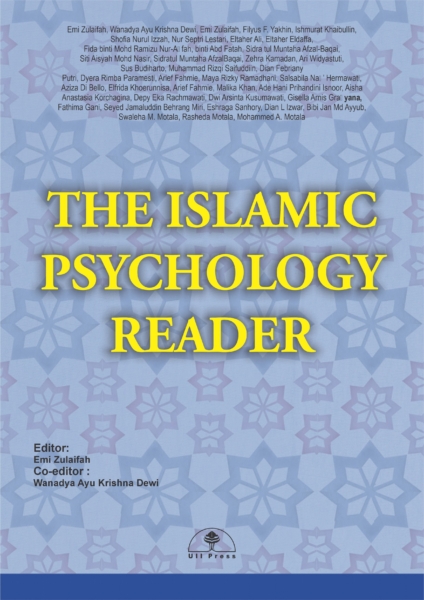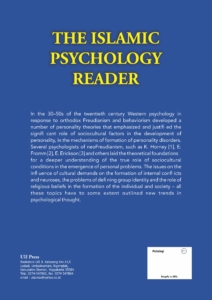In the 30–50s of the twentieth century Western psychology in response to orthodox Freudianism and behaviorism developed a number of personality theories that emphasized and justifi ed the signifi cant role of sociocultural factors in the development of personality, in the mechanisms of formation of personality disorders. Several psychologists of neoFreudianism, such as K. Horney [1], E. Fromm [2], E. Erickson [3] and others laid the theoretical foundations
for a deeper understanding of the true role of sociocultural conditions in the emergence of personal problems. The issues on the infl uence of cultural demands on the formation of internal confl icts and neuroses, the problems of defi ning group identity and the role of religious beliefs in the formation of the individual and society – all these topics have to some extent outlined new trends in psychological thought.









